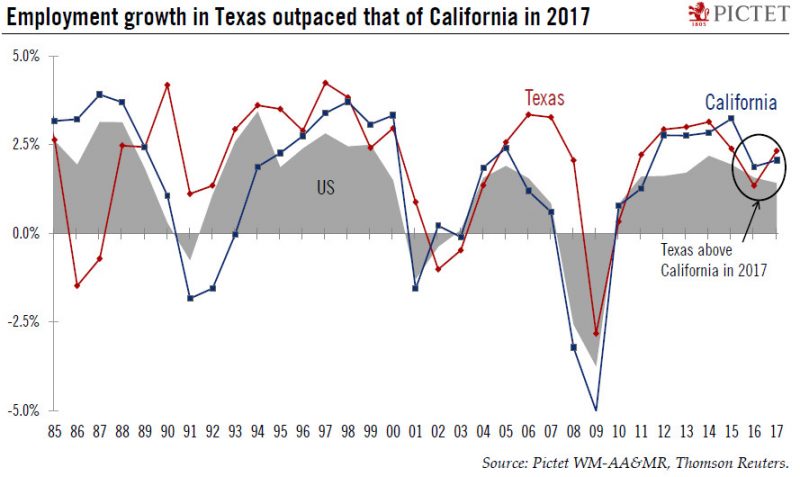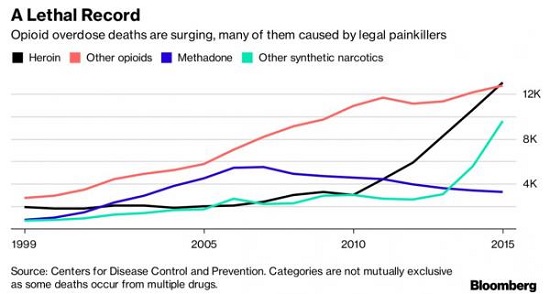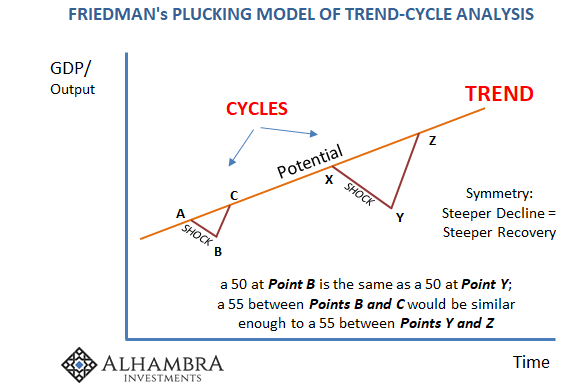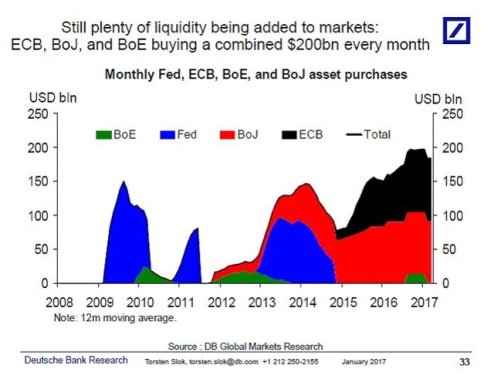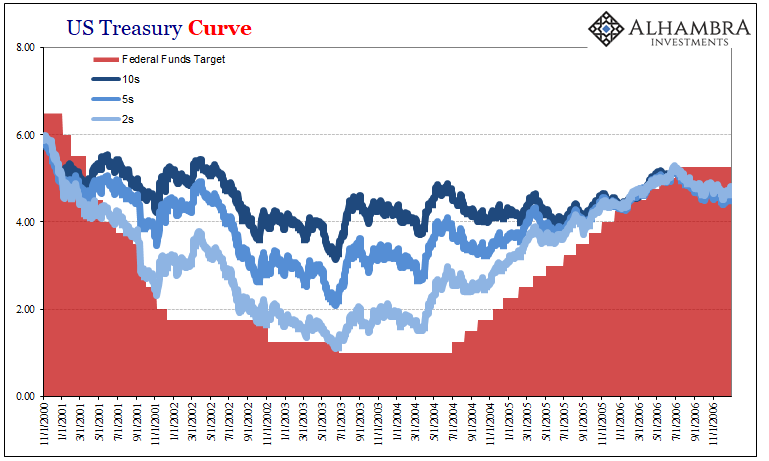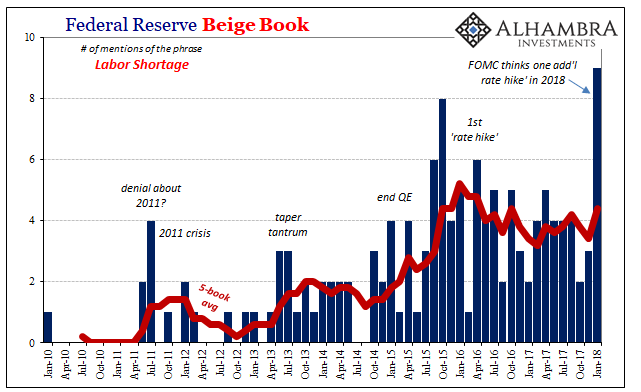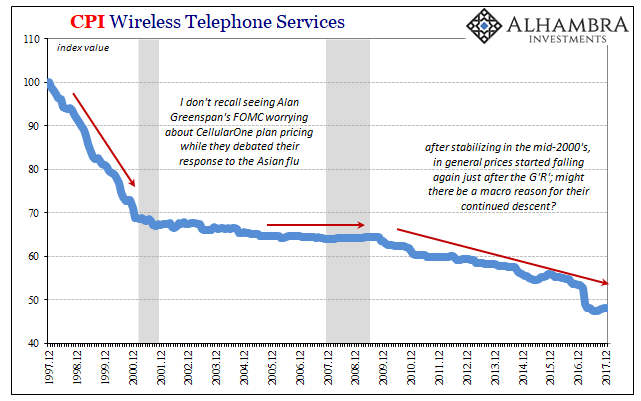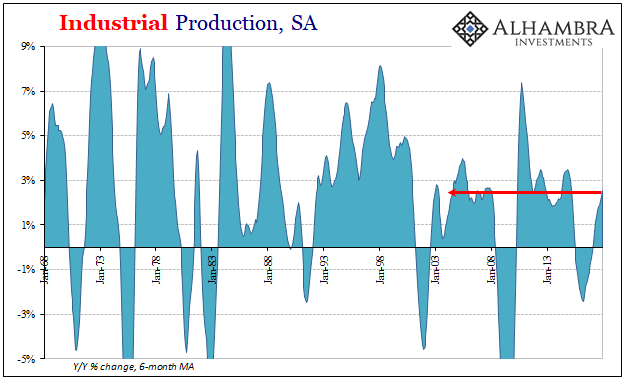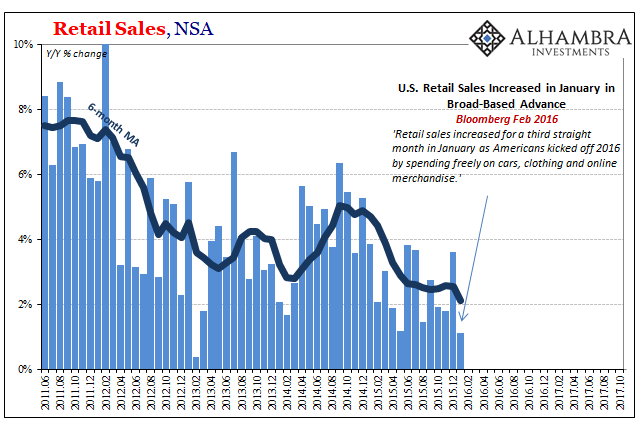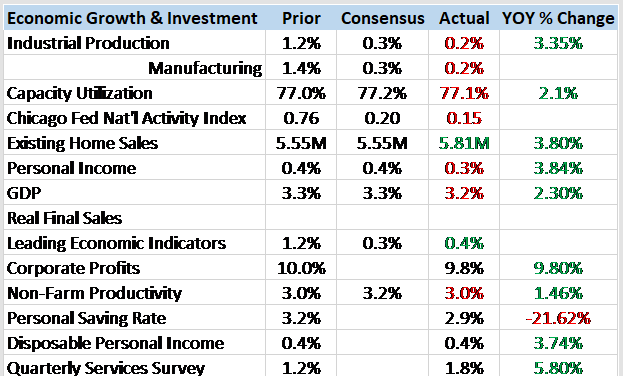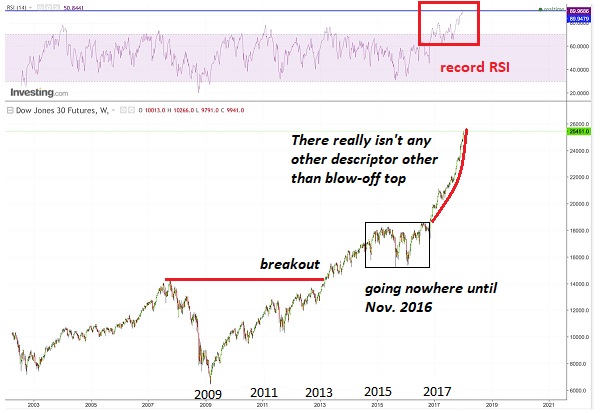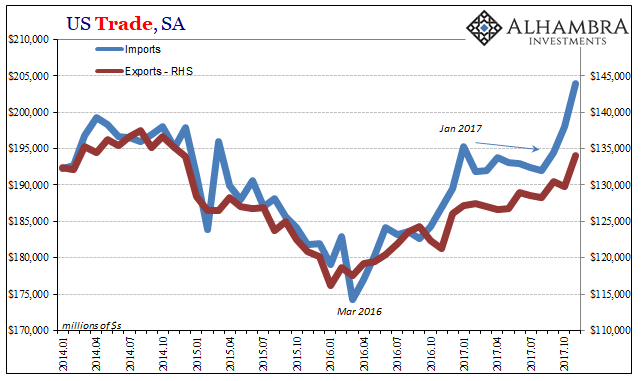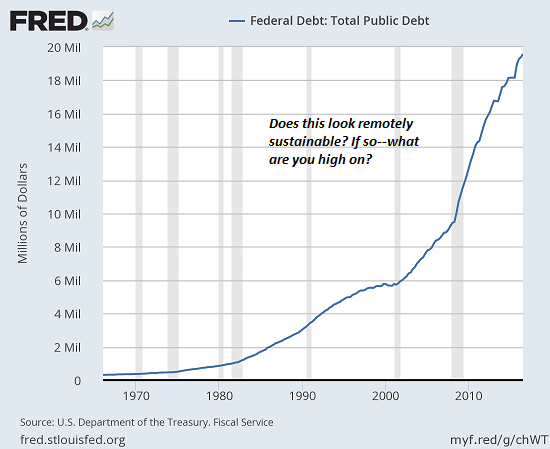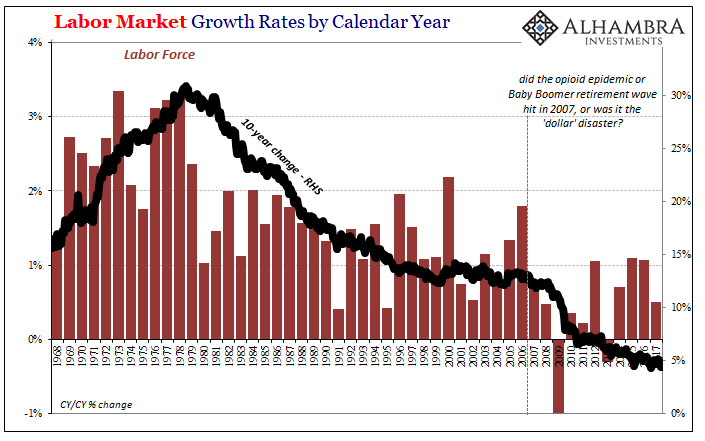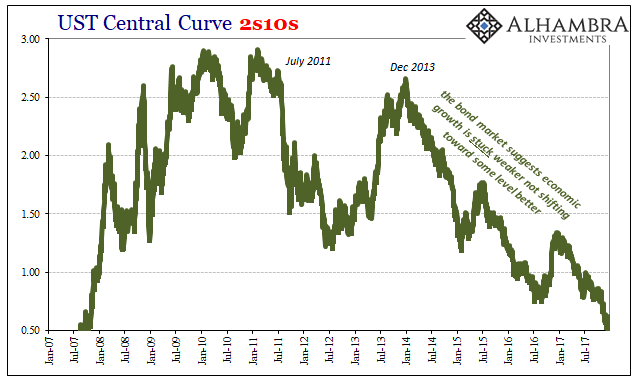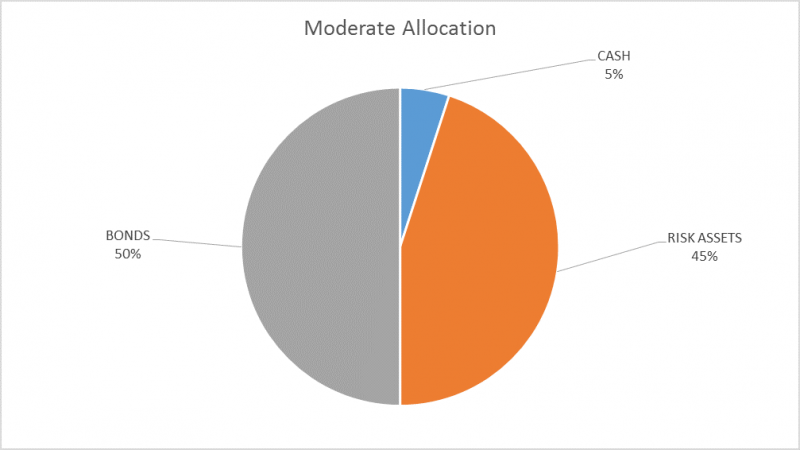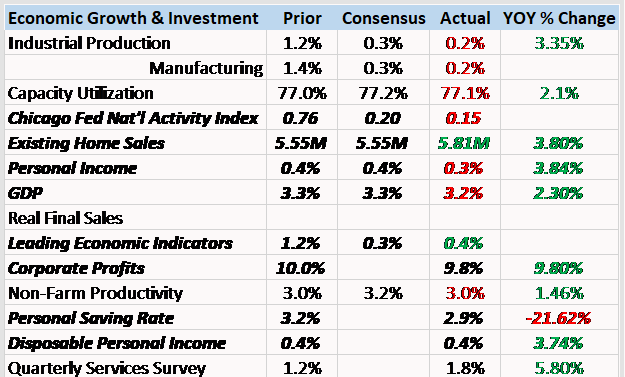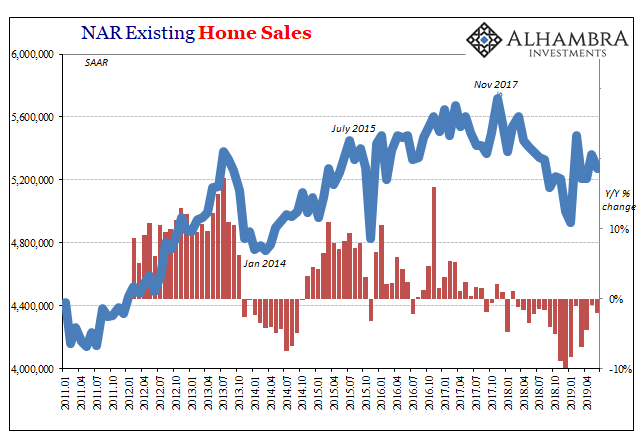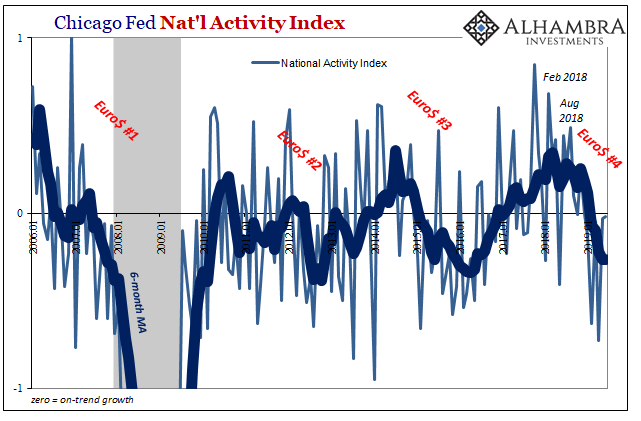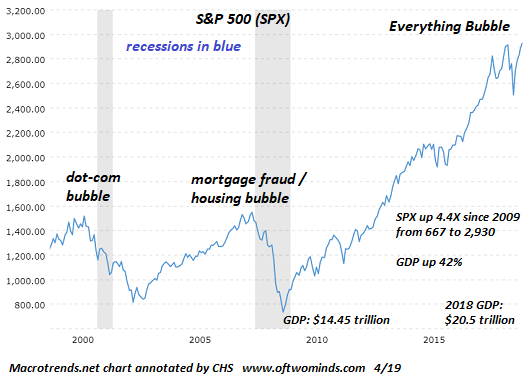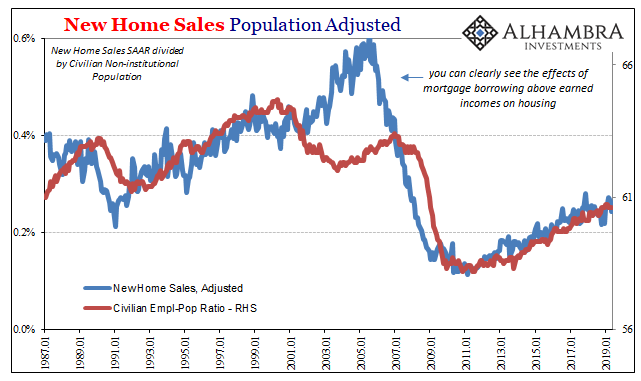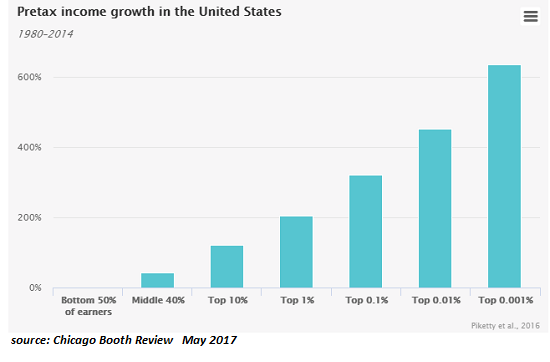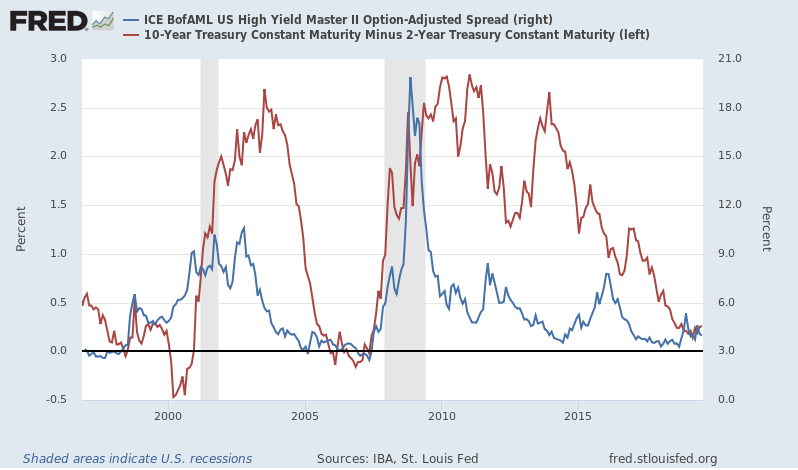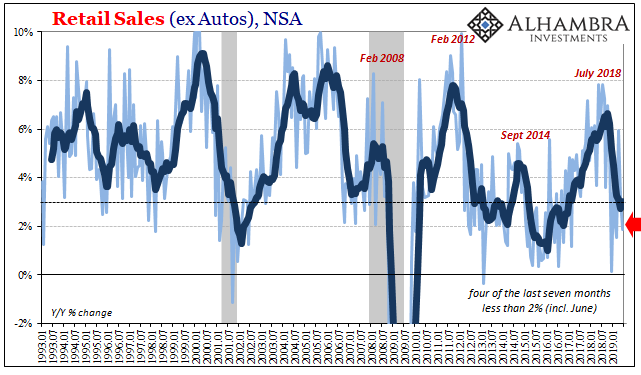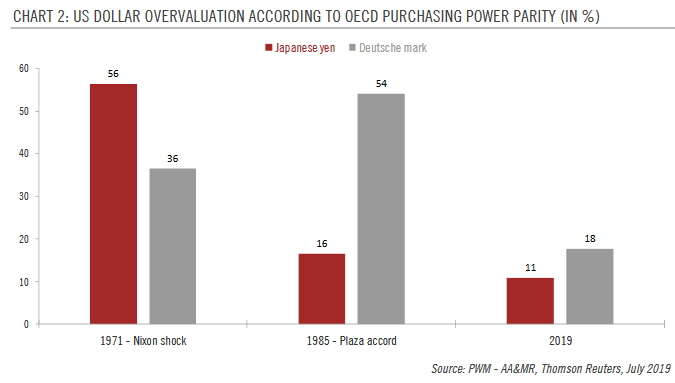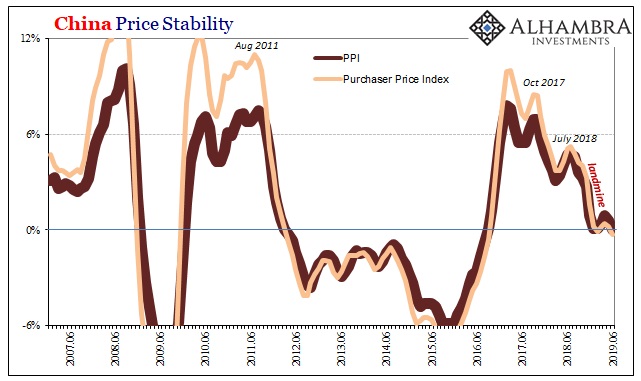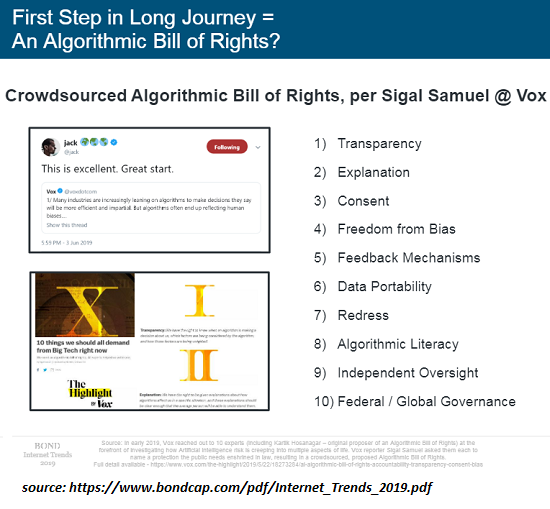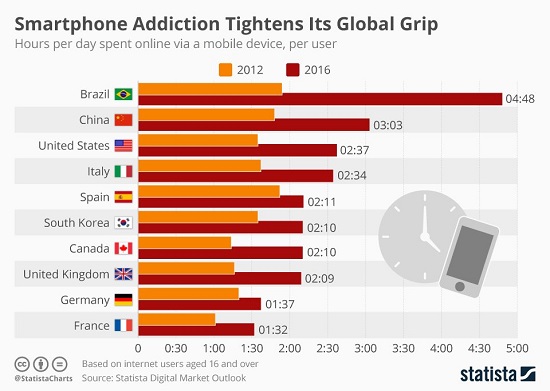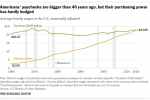Category Archive: 5.) The United States
US chart of the week – Texas rebounds
One of the major rivalries in the US is that between California and Texas, the country’s biggest and second-biggest states respectively in GDP terms. They have different growth drivers (most notably Silicon Valley in California and the energy industry in Texas), and they also have different political landscapes – and local taxation regimes. But which one’s ahead when it comes to employment growth?
Read More »
Read More »
Can We Finally Have an Honest Discussion about the Opioid Crisis?
The economy no longer generates secure, purposeful jobs for the working class, and so millions of people live in a state of insecure despair. The opioid epidemic is generating a lot of media coverage and hand-wringing, but few if any solutions, and this is predictable: if you don't face up to the causes, then you can't solve the problem.
Read More »
Read More »
The Dismal Boom
There is a fundamental assumption behind any purchasing manager index, or PMI. These are often but not always normalized to the number 50. That’s done simply for comparison purposes and the ease of understanding in the general public. That level at least in the literature and in theory is supposed to easily and clearly define the difference between growth and contraction.
Read More »
Read More »
Central Banks: From Coordination to Competition
This is one reason why I anticipate "unexpected" disruptions in the global economy in 2018. The mere mention of "central banks" will likely turn off many readers who understandably have little interest in convoluted policies and arcane mumbo-jumbo, but bear with me for a few paragraphs while I make the case for something to happen in 2018 that will impact us all to some degree.
Read More »
Read More »
What About 2.62 percent?
There’s nothing especially special about 2.62%. It’s a level pretty much like any other, given significance by only one phrase: the highest since 2014. It sounds impressive, which is the point. But that only lasts until you remember the same thing was said not all that long ago.
Read More »
Read More »
It’s Time to Retire “Capitalism”
Our current socio-economic system is nothing but the application of force on the many to enforce the skims, scams and privileges of the self-serving few. I've placed the word capitalism in quotation marks to reflect the reality that this word now covers a wide spectrum of economic activities, very little of which is actually capitalism as classically defined.
Read More »
Read More »
U.S. Unemployment: The Dissonance Book
I’ve found the word “dissonance” has become more common in regular usage beyond just my own. Whether that’s a function of my limited observational capacities or something more meaningful than personal bias isn’t at all clear. Still, the word does seem to fit in economic terms more and more as we carry on uncorrected by meaningful context.
Read More »
Read More »
Good or Bad, But Surely Not Transitory
When Federal Reserve officials first started last year to mention wireless network data plans as a possible explanation for a fifth year of “transitory” factors holding back consumer price inflation, it seemed a bit transparent. One of the reasons for immediately doubting their sincerity was the history of that particular piece of the CPI (or PCE Deflator).
Read More »
Read More »
Is Un-Humming A Word? It Might Need To Become One
Industrial Production in the US was up 3.6% year-over-year in December 2017. That’s the best for American industry since November 2014 when annual IP growth was 3.7%. That’s ultimately the problem, though, given all that has happened this year. In other words, despite a clear boost the past few months from storm effects, as well as huge contributions from the mining (crude oil) sector, American production at its best can only manage to reflect...
Read More »
Read More »
Nous sommes colonisés par le numérique des multinationales américaines
La révolution numérique est une réalité qui envahit tous les jours plus les sphères publiques et privées…. Qu’en est-il du commerce de détails? Les visuels ci-dessous nous montrent d’abord que certaines habitudes d’achats dans les commerces traditionnels sont maintenues.
Read More »
Read More »
Retail Sales, Consumer Sentiment, And The Aftermath Of Hurricanes
Consumer confidence has been sky-high for some time now, with the major indices tracking various definitions of it at or just near highs not seen since the dot-com era. Economists place a lot of emphasis on confidence in all its forms, including that of consumers, and there is good reason for them to do so; or there was in the past.
Read More »
Read More »
Bi-Weekly Economic Review: A Weak Dollar Stirs A Toxic Stew
We received several employment related reports in the first two weeks of the year. The rate of growth in employment has been slowing for some time – slowly – and these reports continue that trend. The JOLTS report showed a drop in job openings, hires and quits.
Read More »
Read More »
The Fascinating Psychology of Blowoff Tops
The psychology of blowoff tops in asset bubbles is fascinating: let's start with the first requirement of a move qualifying as a blowoff top, which is the vast majority of participants deny the move is a blowoff top.
Read More »
Read More »
The Conspicuous Rush To Import
According to the Census Bureau, US companies have been importing foreign goods at a relentless pace. In estimates released last week, seasonally-adjusted US imports jumped to $204 billion in November 2017. That’s a record high finally surpassing the $200 billion mark for the first time, as well as the peaks for both 2014 and 2007.
Read More »
Read More »
Yes, But at What Cost?
This is how our entire status quo maintains the illusion of normalcy: by avoiding a full accounting of the costs. The economy's going great--but at what cost? "Normalcy" has been restored, but at what cost? Profits are soaring, but at what cost? Our pain is being reduced--but at what cost? The status quo delights in celebrating gains, but the costs required to generate those gains are ignored for one simple reason: the costs exceed the gains by a...
Read More »
Read More »
The Reluctant Labor Force Is Reluctant For A Reason (and it’s not booming growth)
In 2017, the BLS estimates that just 861k Americans were added to the official labor force, the denominator, of course, for the unemployment rate. That’s out of an increase of 1.4 million in the Civilian Non-Institutional Population, the overall prospective pool of workers. Both of those rises were about half the rate experienced in 2016.
Read More »
Read More »
The Great Risk of So Many Dinosaurs
The Treasury Borrowing Advisory Committee (TBAC) was established a long time ago in the maelstrom of World War II budgetary as well as wartime conflagration. That made sense. To fight all over the world, the government required creative help in figuring out how to sell an amount of bonds it hadn’t needed (in proportional terms) since the Civil War. A twenty-person committee made up of money dealer bank professionals and leaders was one of the few...
Read More »
Read More »
Why the Financial System Will Break: You Can’t “Normalize” Markets that Depend on Extreme Monetary Stimulus
Central banks are now trapped. In a nutshell, central banks are promising to "normalize" their monetary policy extremes in 2018. Nice, but there's a problem: you can't "normalize" markets that are now entirely dependent on extremes of monetary stimulus. Attempts to "normalize" will break the markets and the financial system. Let's start with the core dynamic of the global economy and nosebleed-valuation markets: credit.
Read More »
Read More »
Global Asset Allocation Update
There is no change to the risk budget this month. For the moderate risk investor the allocation to bonds is 50%, risk assets 45% and cash 5%. The extreme overbought condition of the US stock market persists so I will continue to hold a modest amount of cash. There are some minor changes within the portfolios but the overall allocation is unchanged.
Read More »
Read More »
Bi-Weekly Economic Review: Housing Market Accelerates
The economy ended 2017 with current growth just slightly above trend. In general the reports of the last two weeks of the year were pretty good with housing a standout performer going into the new year. We are still trying to get past the impact – positive and negative – from the hurricanes a few months ago though so it is probably prudent to wait for more evidence before making any definitive pronouncements about the economy.
Read More »
Read More »









